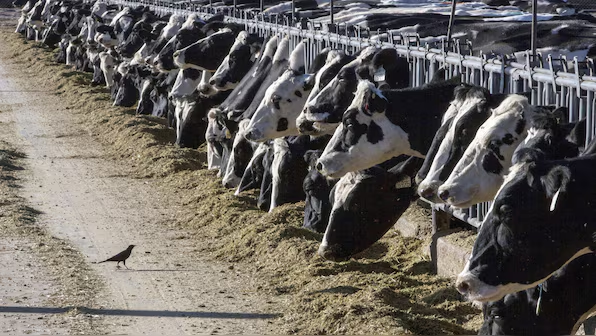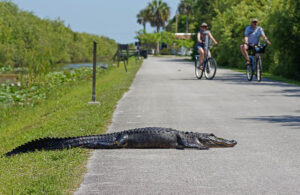In mid-March, a puzzling illness began to afflict cows at a dairy farm in north Texas, triggering a chain of events that would ultimately claim the lives of several farm cats. The culprit? A highly contagious strain of bird flu, marking the first confirmed case among cows in the United States.
The situation quickly escalated as the virus spread from cows to other mammals, including domestic felines on the farm. Afflicted cats exhibited distressing symptoms, including nasal and ocular discharge, disorientation, and eventually, death. Investigations by the US Centers for Disease Control and Prevention revealed that the cats contracted the virus through consumption of raw, unpasteurized milk from infected cows.
This incident underscores the alarming scope of the bird flu outbreak, which has not only impacted avian populations but has now extended its reach to mammals across various species. The virus has been documented in a range of mammals, including foxes, raccoons, possums, skunks, and even marine mammals like seals. Its transmission from birds to cows represents a concerning development, highlighting the virus’s ability to adapt and spread rapidly within new host populations.
The outbreak has had far-reaching implications for dairy farms in multiple states, with confirmed cases reported in Kansas, Texas, Michigan, Idaho, and Ohio. While human transmission of the virus remains rare, precautions are being taken to prevent further spread. Authorities emphasize that pasteurization effectively eliminates the risk of viral transmission through dairy milk, reassuring consumers about the safety of pasteurized products.
However, the unfortunate fate of the farm cats serves as a sobering reminder of the unforeseen consequences of the outbreak. Despite efforts to contain the virus, the cats fell victim to contaminated milk before the source of the illness was identified. The swift progression of symptoms among the cats underscores the urgency of addressing the outbreak and implementing effective control measures.
Diagnostic testing conducted at the Iowa State University confirmed the presence of the influenza A virus in both cow milk samples and deceased cats from the affected farms. The findings suggest a shared origin for the virus strain, raising questions about its transmission dynamics within mammalian populations.
While cases of bird flu among cats are not uncommon, the transmission from cows to cats represents a novel occurrence, posing new challenges for containment and prevention efforts. Researchers emphasize the importance of vigilance and caution, particularly regarding the consumption of unpasteurized dairy products.
Read More News:
- Queens Gun Owner Fires Shots at Raccoon in Unusual Daytime Encounter
- Texas Lottery Winner’s Journey to Space: A Dream Come True
- Florida Abortion Ban Sparks Varied Reactions and Fundraising Efforts
As investigations into the outbreak continue, stakeholders remain vigilant, prioritizing public health and safety. The incident serves as a stark reminder of the importance of stringent biosecurity measures and the critical role of pasteurization in safeguarding against infectious diseases. In the face of uncertainty, one thing remains clear: pasteurized milk emerges as the safest option for both human and animal consumption, offering protection against the unforeseen threats posed by the bird flu outbreak.







+ There are no comments
Add yours